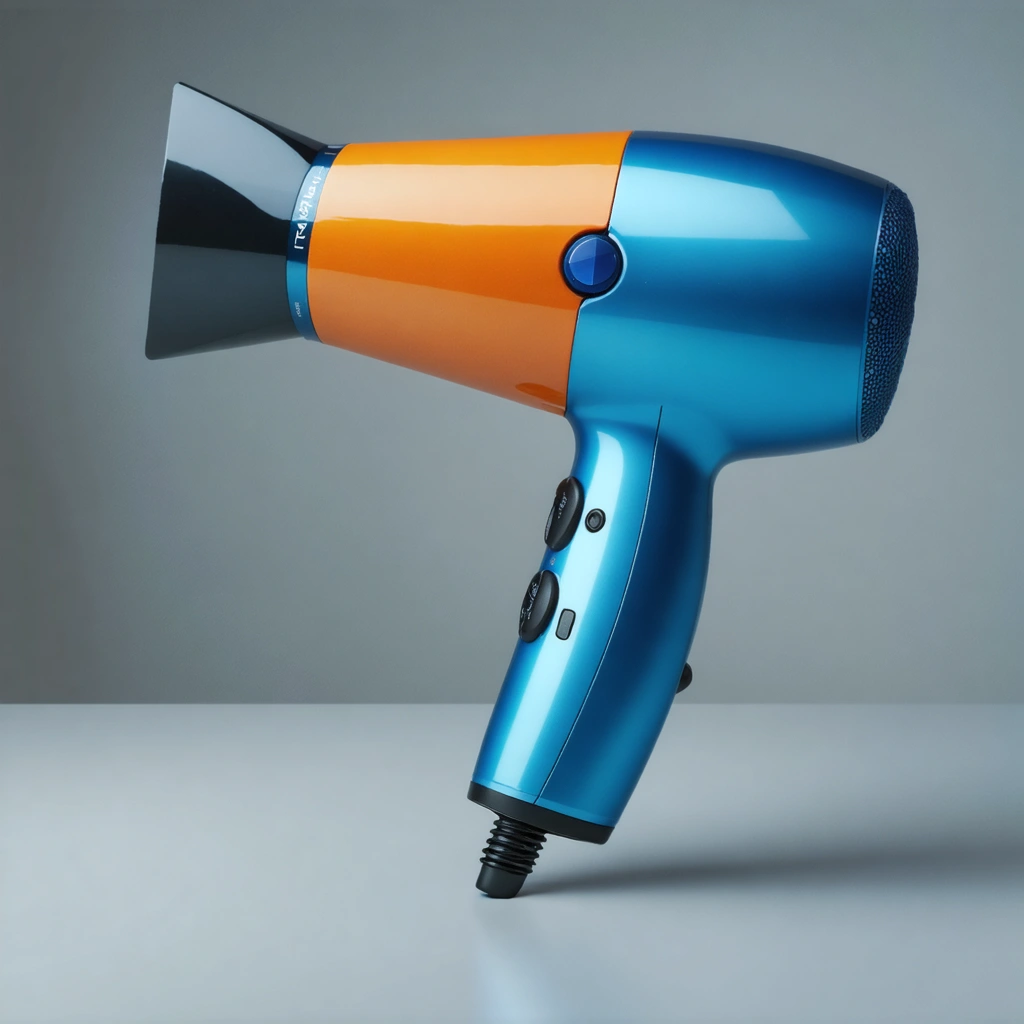
Introduction to the T3 Aire IQ Hair Dryer
The T3 Aire IQ hair dryer represents a unique convergence of smart technology and traditional hair drying functions. On paper, the product is marketed as a next-generation appliance that integrates advanced sensor technology, digital controls, and a sleek, contemporary design aimed at today’s discerning consumer. In the business realm, products such as these are expected to disrupt the market by offering both efficiency and innovation. However, critical analysis reveals that while the T3 Aire IQ shows promising technology and design, its performance may be subject to scrutiny regarding fundamental drying capabilities and overall user experience.
Innovative Features and Technological Integration
One of the most appealing aspects of the T3 Aire IQ is its smart features, which include multiple heat and speed settings as well as intelligent sensor calibration that adapts to hair type and moisture level. This integration of technology, although compelling in theory, has raised some concerns among industry experts who argue that the inclusion of smart features should not compromise the basics of performance.
Key Technological Innovations
- Digital Controller: The digital interface offers precise temperature control and easy-to-use settings.
- Intelligent Sensors: Sensors are designed to detect hair moisture levels and adjust heat intensity accordingly.
- Ergonomic Design: The styling of the dryer is modern, with an emphasis on balanced weight distribution for extended use.
- Efficiency Enhancements: Claims of reduced energy consumption and optimized airflow set it apart from traditional hair dryers.
Understanding the Smart Integration
Within the context of technological innovation, the T3 Aire IQ’s sensor-based adaptation system is intended to offer a personalized drying experience. However, early assessments indicate that this smart integration sometimes leads to a trade-off in performance. The focus on technology can potentially overshadow core performance metrics such as speed, heat distribution, and durability. For a business audience, it is imperative that technology-enabled products do not lose sight of their primary function, as reliability and consistent output are pivotal for market acceptance.
Performance Analysis and Critical Review
This section provides an in-depth examination of the performance characteristics of the T3 Aire IQ hair dryer from a business perspective. A comprehensive performance analysis reveals several strengths, but also exposes underlying weaknesses in basic functionality.
Benefits and Strengths
The T3 Aire IQ offers a variety of benefits that appeal to the modern consumer and align with current business strategies aimed at technology integration:
- Modern aesthetics with a professional finish.
- Smart technology that promises user adaptability.
- Energy efficiency claims that could reduce long-term operating costs.
Areas of Concern
Despite these advantages, challenges remain:
- Basic Performance: Some users have noted that the fundamental task of drying can be slower compared to traditional models with simpler designs.
- Heat Calibration Issues: The sensor system, while innovative, may not always appropriately adjust to various hair textures, leading to inconsistent performance.
- Reliability Over Time: With the incorporation of digital components, maintenance and long-term durability become larger concerns.
These issues highlight an important tension in product innovation—balancing advanced features with core functionality, which remains a vital consideration for both manufacturers and distributors.
Market Positioning and Business Impact
From a market analysis standpoint, the T3 Aire IQ hair dryer seeks to capture a niche of technologically inclined users who are willing to invest in premium products. The business implications of launching such a product include several key factors:
Strategic Considerations
- Brand Positioning: The product is designed to establish the brand as a leader in innovation, despite potential compromises in the basics of performance.
- Consumer Expectations: Modern consumers expect smart devices; however, their loyalty is contingent upon consistent functionality and ease of use.
- Competitive Landscape: While numerous competitors offer reliable hair dryers that focus on performance, the T3 Aire IQ differentiates itself through its integration of smart technologies.
Table of Key Performance Indicators (KPIs)
| Feature | Expected Benefit | Observed Limitation |
|---|---|---|
| Digital Interface | Precision control over temperature and airflow | Occasionally complex for less tech-savvy customers |
| Sensor Technology | Personalized hair care | Inconsistent performance with varying hair types |
| Ergonomic Design | Comfortable use for prolonged periods | May not compensate for some functional discrepancies in performance |
Implications for Business Growth
For investors and business strategists, the T3 Aire IQ presents an intriguing case study. Its advanced technical features encourage the perception of a high-end product while simultaneously inviting debate on whether such features are executed without compromising the fundamental essence. The precautions noted in performance analysis suggest that additional refinement and calibration could optimize the balance between smart features and basic drying efficiency. A strategic approach that emphasizes both technological innovation and rigorous performance standards could pave the way for future success in a competitive market.
Conclusion and Recommendations
The T3 Aire IQ hair dryer is a compelling product that strives to merge technology with everyday functionality. While it successfully incorporates smart features aimed at personalized care, key performance issues remain at its core. For companies planning to market such high-tech devices, the takeaway is clear:
- Do not sacrifice core functionality for the sake of innovation.
- Ensure that any smart technology introduced is rigorously tested and balanced with real-world usability.
- Engage in continuous product improvement that prioritizes reliability and customer satisfaction.
In summary, the T3 Aire IQ offers an enticing vision of the future of personal care devices in a business context, yet it falls short of fully meeting the high expectations set by its advanced features. It is essential that businesses consider both advanced technological integration and performance fundamentals when assessing the value and long-term viability of such products. Strategic refinement and further R&D investment will be key factors in enabling this product to reach its full market potential.




